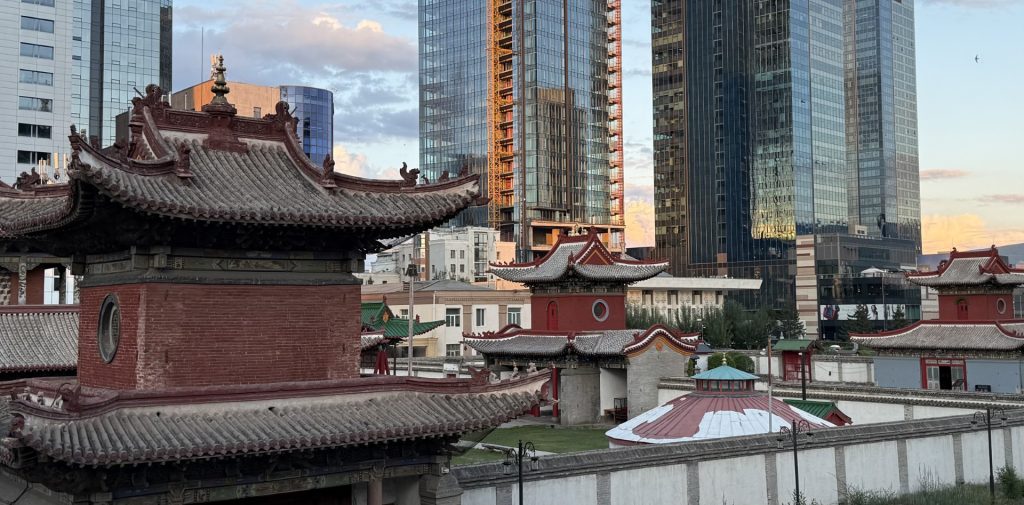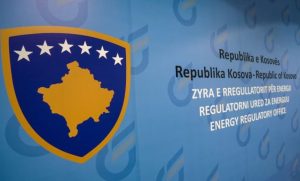In Ulaanbaatar, we have supported a cost recovery initiative for the water sector.
Our work focused on strengthening the financial sustainability of the sector by reviewing tariff structures and subsidy mechanisms.
Water tariffs are often subsidized to help households meet their basic water needs. These subsidies typically take the form of direct government support to water companies or cross-subsidies between consumer categories. However, tariffs frequently remain below the full cost of service—particularly when it comes to covering infrastructure depreciation (return of investment) and the allowed return (return on investment). This creates an implicit, intergenerational subsidy that shifts the burden of sustainable sector development to future generations.
While subsidies are essential for ensuring affordability, tariffs should still reflect the actual cost of providing services. To improve both transparency and effectiveness, subsidies are best delivered outside of the tariff system and targeted directly to vulnerable households.
Through this engagement, we contributed to shaping a more sustainable and equitable financing model for the water sector in Ulaanbaatar.





